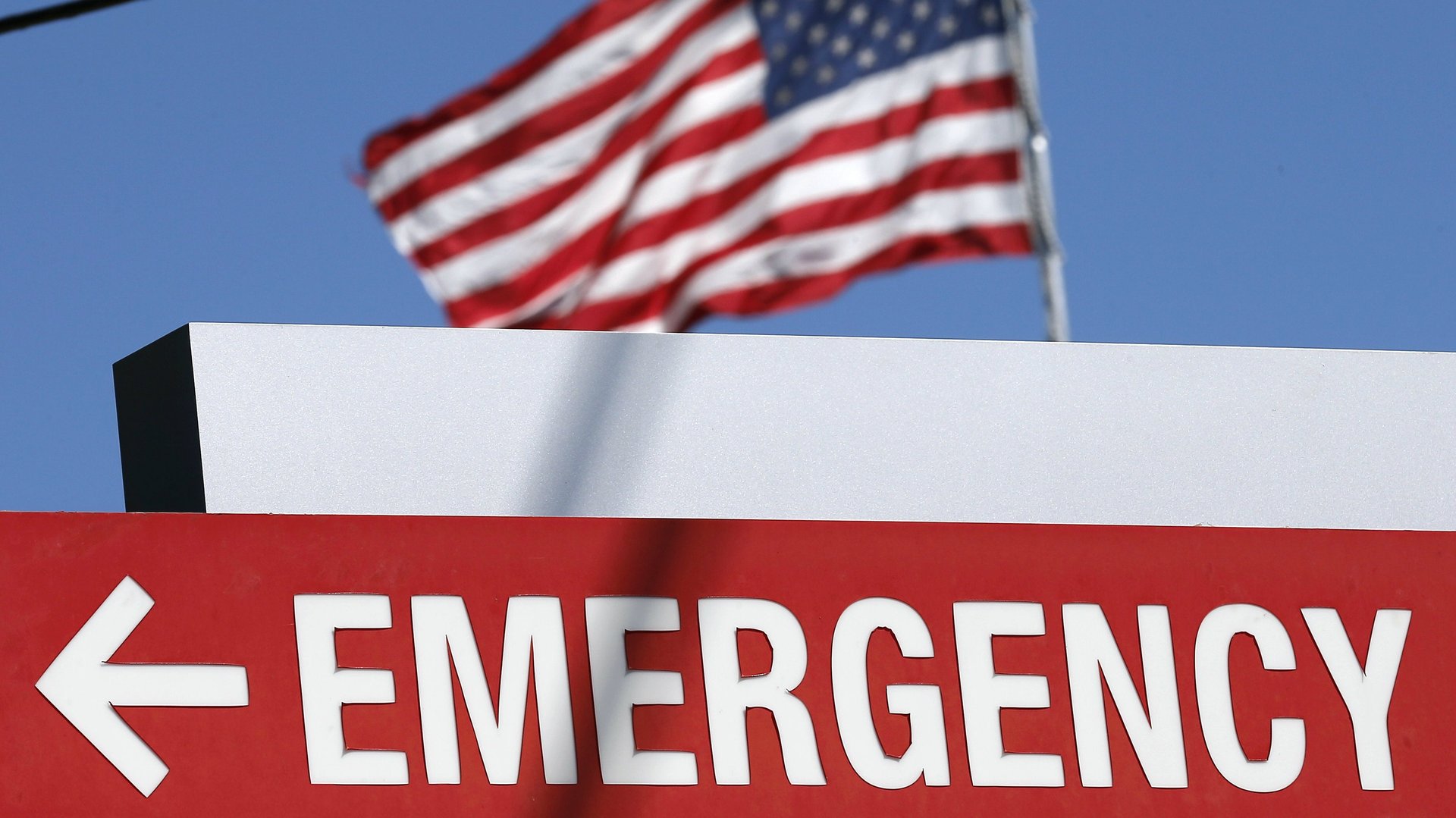If you are nearing death and want to live longer, don’t go to the Emergency Room
New York has added itself to the list of states that have declared fantasy football illegal gambling—and California may be next. But what if we examined the odds and outcomes of our medical system for patients at the end of life with the same scrutiny that we are examining online fantasy sports?


New York has added itself to the list of states that have declared fantasy football illegal gambling—and California may be next. But what if we examined the odds and outcomes of our medical system for patients at the end of life with the same scrutiny that we are examining online fantasy sports?
When you are very sick or hurt, you know to go to the emergency room. Chances are good that our complex, aggressive medical interventions will make you better. But those odds change dramatically once you have an end-stage chronic medical condition or terminal illness. In that case, you are gambling, and the odds are heavily against you. Data shows that refusing aggressive care at the end of life actually lengthens a person’s life by one month. In other words, if you are nearing death and want to live longer, don’t go to the ER. Instead, choose hospice.
It took three years of working as a hospice physician for me to believe the data. I would accept extremely ill patients into our care, assuming they had hours to live. The next morning a patient would look better, the prognosis shifting to days, even weeks. I would comment to families, “He looks so much better than he did yesterday.” The family’s response was always the same, “He is better. The moment we got here he got better. He slept. It is amazing. We all feel better.”
It is simple really: an overworked body does better without the extra medications, without fluids pumping into an overloaded circulatory system, without noisy rooms and beeping alarms, without poking and prodding, and without lab work in the middle of the night. In the care of hospice, patients can simply relax and rest. And that’s powerful medicine.
For irreversible chronic diseases, the onslaught of aggressive treatment typical of an ER is like doubling down for the slim chance that we will beat the odds. The vast majority of the time it shortens life and decreases quality of life. Patients with at-home hospice treatment enjoy their last year or months much more, and most people prefer to die at home, which only hospice guarantees.
This is a radical shift in perspective. Perhaps that’s why hospice is not more widely used. We know that only 14% of patients who could benefit from hospice have been offered it. Used more routinely, hospice would also benefit our financial bottom line. One thousand patients enrolled in hospice for one month saves Medicare 6.4 million dollars. Each year, 2.5 million Medicare recipients die, and most of them end life in a hospital receiving a full battery of treatments unlikely to help them. If the patients who would benefit from hospice actually used it, we’d save billions of dollars and enable longer, better quality lives.
So why are we gambling? Part of the reason is fear, but another is practical. Timing can be confusing—when is the right time to stop accepting aggressive care? Medicare has worked out much of this based on large data sets; it predicts the odds of survival and prognosis by individual illnesses and symptoms. The data are actually very clear. Once your illness and symptoms have an average prognosis of six months or fewer, Medicare pays for you to have medical care at home with hospice.
For many, “hospice” means time to give up. Instead we should see it as a gift, as well as a Medicare right: less aggressive care, more comfort, and more time. While most people think of hospice as a place, hospice is actually a specialized medical team that comes to you, whether you stay at home, in a facility, or in an in-patient hospice unit. No more running back and forth to the emergency room. Though, of course you can always change your mind and go to the ER. But once you see what you are getting, odds are, you won’t.
To stop gambling, we have to accept our deaths and plan for them.
We know from research that what you decide and write down now will impact the quality of your death. It works. Talk about what a good death looks like, decide what you want and do not want, write it down, and then tell everyone you know. Do it now, no matter what age you are, while you are well and can.
Remember that physicians fear death too. They may not suggest less aggressive care or hospice so you don’t “lose hope.” But we need to ask: Hope for what? Avoiding death all together? They may not know they can be robbing you of a better death.
Stay in charge of your death the same way you are in charge of your life—ask your physician or a local hospice: Am I eligible for hospice yet? If your physician says yes, play the odds in your favor. Stop gambling and go home.